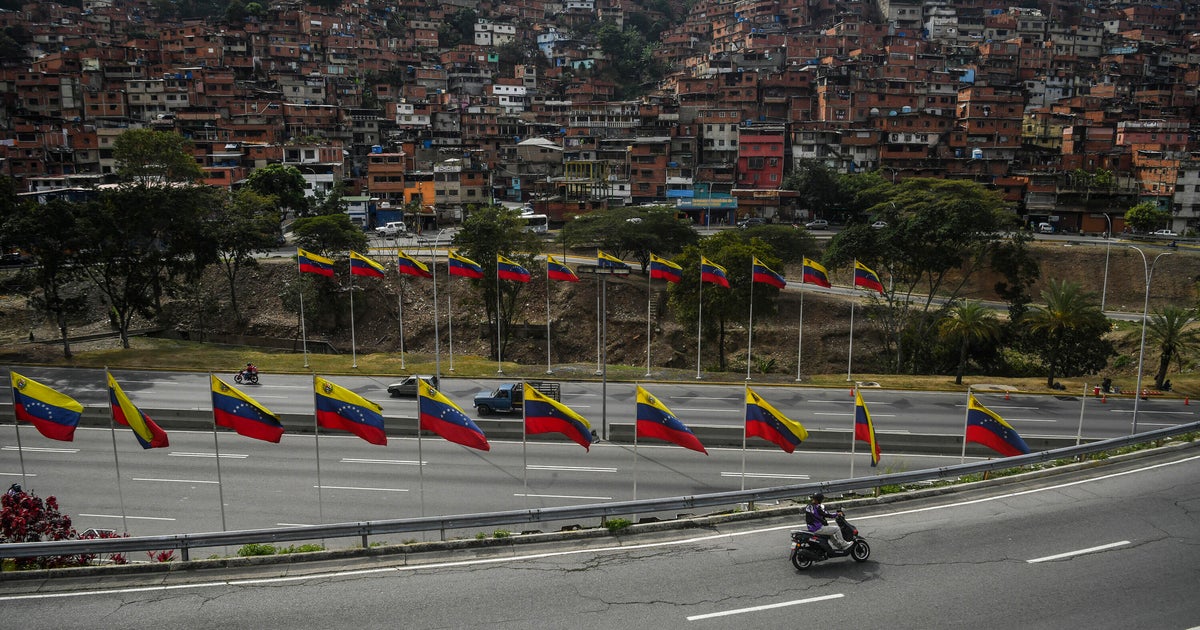Youth led Madagascar Ephracts Hope Leader Compling will continue to hear as President

[ad_1]
Antananarivo, Madagascar (AP) – For Donah Falia and other young people who have spent weeks protesting against the way to study for the army in Madagascar last week, the change has not been easy in their lives.
A 20-year-old accounting student still has to wait in line for hours to get water from a tank in his place outside the capital, and sometimes he only works there. The job market is just dry.
“For us personally, personally, there is no answer here yet. I have not seen any hope for us,” said Falia Press the day after Mon. Michael Randriarina was sworn in as President.
The expulsion of Randrianirina from the democratically elected President, and the decision to introduce himself as the new Head of State followed by PlayBook in Madagascar of about 30 people familiar with other countries of the 1960s used in several African countries in recent years.
MadagaCasns very much shot the dissolution of the old regime, as they did when Rajoelina took power as the leader of the trade in 2009 of the military. But the young protestors, in their anger and sacrifices from Madagascar’s divine ignorance, losing power, are now matured only under the new leader and that he will finally make good on his promise to the country’s government.
A new hope, or more of the same?
The protests, which began in September and were highly controversial, brought thousands to the streets in many cities and began a severe crackdown on security that has left people dead, according to united nations. The government at the time disputed those figures.
When the politically powerful randrinarina unit clashed with the demonstrators earlier this month, Rajoelina realized she had lost the power struggle and fled the country, declaring it illegal.
The protestors, who gathered pictures in the ‘one-piece’ of Jolly Roger which has been called the protests called Gen Z IN BREKAWITIA, They said that they removed the old government was their top priority and they took heart of how Randrinarina insisted on being their bacon, told the nation after the police and all the powerful groups. “
Tsantsa Fiderna Rakototorison, a 22-year-old student and 22-year-old protester, said he hoped the protesters would continue to be heard.
“Even if the CAPSAT team takes responsibility after all the changes, they know that young people can talk again,” he said.
Falia said he thanked the soldiers for helping Rajoelina, but that the protesters hoped that with Rajoelina gone, the people would find their new leader.
What can be learned from other coups?
If the successful military coups in five African nations since 2020 are anything to go by, Randrianirina will not be leaving officials anytime soon, as he has said will happen. In all five of those countries – Mali, Guinea, Burkina Faso, Gabon and Niger – the man who led to the destruction of the government is still in power.
“This one branch of the army played a key role in the regime change in 2009 and now claims to command the entire armed forces,” Kajal Ramjathan-Keogh, a human rights expert at the Human Rights Watch, said in an email. “… they will probably try to stay there as long as possible.”
Whether Randrianirina can successfully dominate remains to be seen, but Ramjathan-Keogh said she doubts it.
“Military governments have never been able to govern in such a way that they face fraud and serious social problems. The military does not do that Randrinirina Rajaonarivelo, he has never been well received by the protesters.
“It will be interesting to see if there are youth leaders who will promote the next election,” he wrote.
Bakary Samber, who leads the Tinduktu Center in Senegal for the Senegal for Peace Study, said that post-military reform has been a challenge across Africa.
“In the countries of the Sahel (Mali, Niger and Burkina Faso), coups are legitimate with the first popular support, and the presentations themselves,” said Salbe, referring to the SemiDerert Southern Fringe of the Sahara Desert region.
“Young people and the public see the military takeover as a form of democracy from the bottom-up, but it is not clear how long this will last,” he said.
Political conditions in Madagascar were similar to those of the three Sahelian countries before their coups, with high costs of living and poverty rates, which the World Bank says affect three-quarters of the people in the Sprawling Stain Nation.
Youth can ‘rise again’
In his neighborhood of Anosimahavelona, the situation of Falia is not visible without a quote, with a general decrease in energy and water that makes life a grind every day and no prospects of a real job.
“Here, people my age, they are all workers. They are standing here with their hands in their pockets – they have no money,” he said while sitting on an old bed in his bedroom.
Some of the youth protesters – trade unions and civil society groups have also joined the industry – have vowed to hold the new government accountable if the situation does not improve soon.
“The youth have said that they will rise again in May 13 Square if their demands are not met,” said activist Farasoo Rakototona, “said activist Farasoo Rakomotomanan,” said Protestant Farasoto Rakototomana, “said the Randriaririna Wing when they joined the protesters after meeting them.
Rakotomanana, 63, recalled the destruction and looting that took place during 2009 that brought Rajoelina, and was grateful that, until now, it had been prevented this time.
___
Marome was reported to be from Johannesburg. Associated Press reporters Mona Pronsczk and Mark Banchereau in Dakar, Senegal, contributed to this report.




